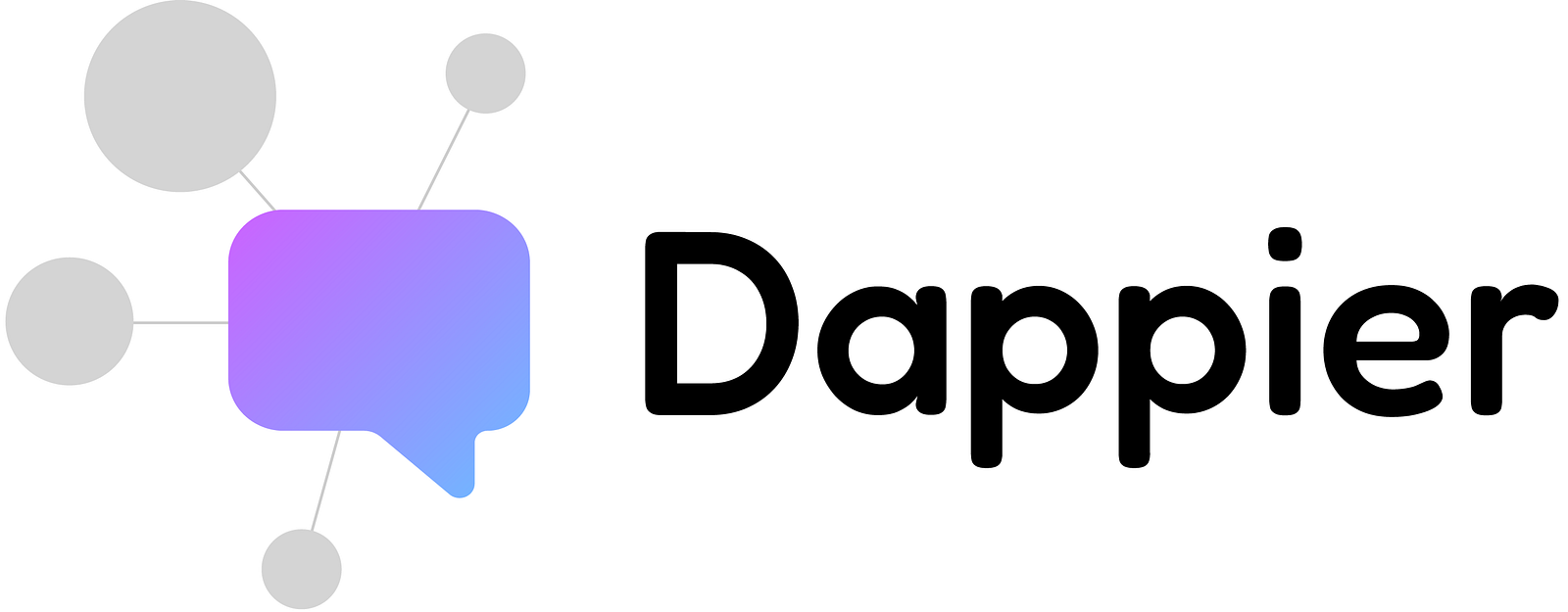OpenAI and Google released statements as part of their ongoing conversations with the UK govt. around AI & copyright
The latest flashpoint in the ongoing battle over AI training data has emerged in the UK, where OpenAI and Google have formally rejected a government proposal designed to grant creators more control over how their content is used by AI companies.
Instead, both companies are calling for broad exceptions that would allow them to use copyrighted content for AI training — commercially and non-commercially — without needing permission from the original rights holders.
The UK Proposal: Opt-Out With Transparency
Originally published in December 2024, the UK government’s proposal aimed to strike a balance between innovation and creator protection by introducing a framework that would:
• Permit AI developers to use creators’ content by default, unless rights holders explicitly opt out
• Require transparency from AI companies about what data they use and how it’s sourced
• Allow rights holders to negotiate licensing directly with AI developers
While already controversial among artists and publishers, OpenAI and Google rejected the proposal altogether in their formal consultation submissions and policy position statements. These documents were not legally required but submitted voluntarily as part of the UK Intellectual Property Office’s ongoing review of AI and copyright law.
While non-binding, these public responses are significant. They reflect each company’s official legal and regulatory stance and are designed to shape future legislation in a way that protects their interests in scaling commercial AI models.
OpenAI’s submission argues that opt-out systems pose “significant implementation challenges” and that the UK should adopt a broad exception for text and data mining (TDM). They frame this as essential for innovation and competitiveness, suggesting that requiring permission would disrupt the development of general-purpose AI systems.
Google goes further, calling for unrestricted TDM rights for any purpose. Their filing asserts that training AI on web content constitutes “non-expressive use,” implying that it shouldn’t fall under traditional copyright protections at all. Google also objected to proposed transparency rules, claiming that disclosing training data sources could hinder development and put the UK at a disadvantage globally.
Both companies ultimately argue for systems that allow AI developers to use web content without permission — placing the burden on creators to opt out, if at all.
Creator Pushback and a Broken Model
Unsurprisingly, rights holders and creators reacted with frustration. More than 400 musicians, writers, and organizations — including the Publishers Association and Independent Society of Musicians — argued that any framework allowing unlicensed use of their work undermines the very purpose of copyright.
On the Dappier blog (and in our Data Happier weekly AI newsletter) we’ve covered similar disputes unfolding globally, including:
• Italy’s €15M fine against OpenAI for unauthorized scraping of personal and public data
• US Copyright Office findings that AI-generated works are not eligible for copyright protection without human authorship
• Australia’s authors discovering their books were used without consent to train commercial AI models
Despite public commitments to “responsible AI,” the legal and policy positions put forth by OpenAI and Google signal something different. This is not just about UK law. It’s a test case for how copyright frameworks globally will respond to a generative AI economy increasingly built on unlicensed data.
The future of AI requires a new standard for data access — one that’s structured, permissioned, and monetizable.
At Dappier, we’ve built that standard, with content syndication powered by Dappier Marketplace and AI deployment via AskAI contextual answer engine, monetized with agentic ads. With Dappier, unlock:
• Per-query monetization, not bulk scraping
• Real-time, rights-cleared data across verticals like news, weather, finance, and lifestyle
• Syndication infrastructure for publishers and developers to share and permission their data across agents and LLMs
Dappier empowers publishers to opt in, set terms, and get paid at the point of inference.

